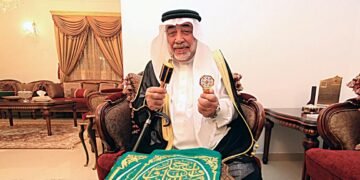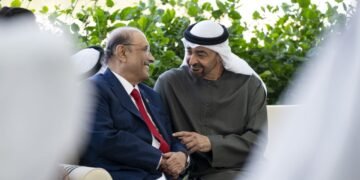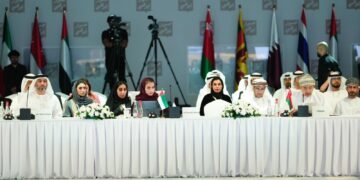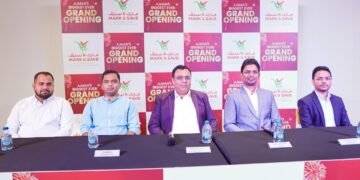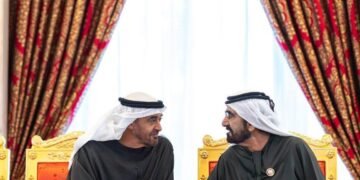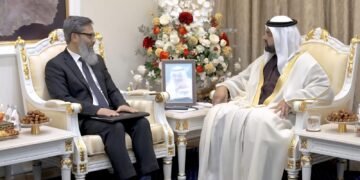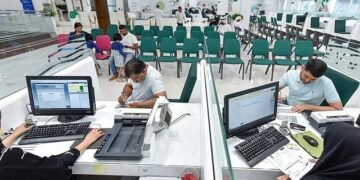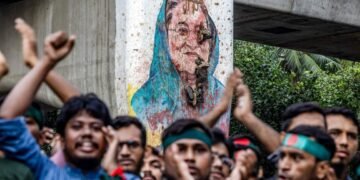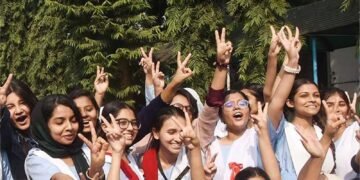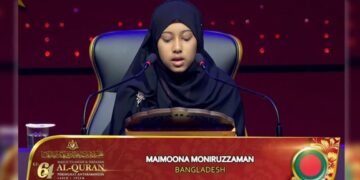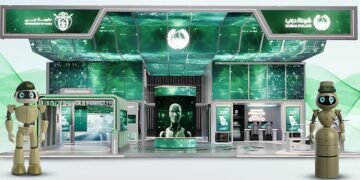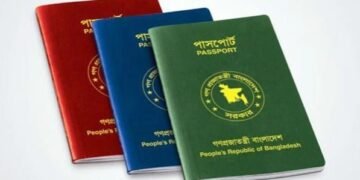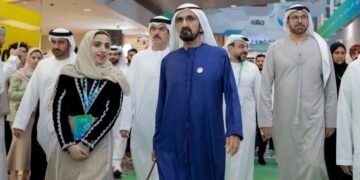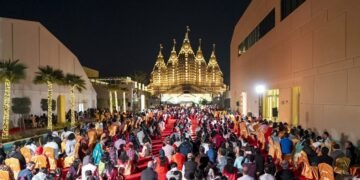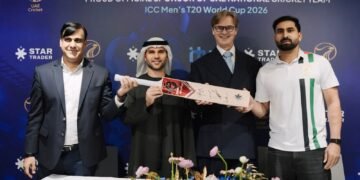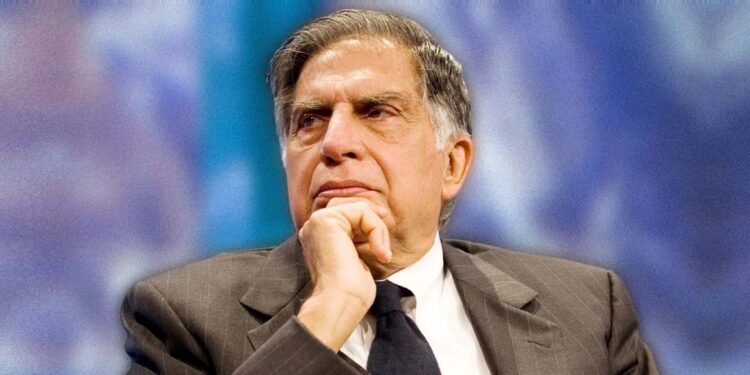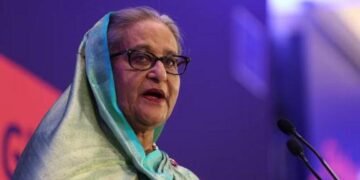Ratan Tata was a visionary industrialist. His heart was full of compassion. He was extraordinary as a person. He gave strong leadership to one of the oldest and one of the best business organizations in India.
Ratan Tata, chairman emeritus of India’s largest conglomerate Tata Sons, has died at the age of 86. He died in a hospital in Mumbai on Wednesday night.
The industrialist was undergoing treatment for the past few days. In a post on social media on Monday, he said that he was undergoing a routine health check-up due to age.
In a statement, Tata Sons chairman N Chandrasekaran Ratan confirmed Tata’s death.
In a statement, the chairman of Tata Sons said, ‘It is with deep sorrow that we bid farewell to Ratan Naval Tata.’
The statement also said, ‘Mr. to the Tata Group. Tata was not just a chairman. He was a mentor, guide and friend to me. He inspired by setting an example. The Tata Group has built a global influence under his leadership through an unwavering commitment to excellence, integrity and innovation.’
Recalling Ratan Tata’s contribution to social service, Chandrasekaran said, ‘From education to healthcare, his initiatives have had a profound impact, which will benefit generations to come.’
Indian Prime Minister Narendra Modi has expressed grief over Ratan Tata’s death. Posting some pictures with Ratan Tata on social media on Wednesday night, he wrote, ‘Shri Ratan Tataji was a visionary industrialist. His heart was full of compassion. He was extraordinary as a person. He gave strong leadership to one of India’s oldest and best business firms.’
Ratan Tata became the chairman of the Tata conglomerate with a market value of $100 billion in 1991. Until 2012, he managed this group established by his great-grandfather.
Ratan Tata took the initiative to rush the power of the heads of some companies of the Tata Group immediately after taking charge. Set retirement age, appoint young people to higher posts. Besides, he took the initiative to increase the control over the companies.
He founded the telecommunication company Tata Teleservices in 1996, listed the IT company Tata Consultancy Services in 2004.
Under the leadership of Ratan Tata, the Tata Group became a significant force in the international business arena. Under his leadership, the conglomerate acquired several international brands. Especially under his leadership, the National Radio and Electronics Company turned around from a critical position.
Under the leadership of Ratan Tata, Tata Group acquired British tea company Tetley in 2000 and Corus Steel Rover in 2007. Tata Group also acquired iconic British car brands Jaguar and Land Rover in 2008 under his leadership.
In 2009, Ratan Tata brought the world’s cheapest car to the middle class. The Rs 1 lakh Tata Nano gained popularity.
Besides, another favorite project of his at Tata Motors was Indica. It is India’s first indigenously designed and manufactured car model.
Ratan Tata’s Indica project was a huge success. However, the Nano suffered from initial safety issues and marketing failures. The Tata Nano was discontinued a decade after its launch.
Ratan Tata was the chairman of the Tata Group twice from 1991 to 2012 and from 2016 to 2017. Although stepping back from the company’s day-to-day operations, he headed its charitable trusts.
After retirement, Ratan Tata became Chairman Emeritus of Tata Sons, Tata Industries, Tata Motors, Tata Steel and Tata Chemicals.
Ratan Tata was born in 1937. After his parents separated in 1948, he grew up with his grandmother Navjabai Tata.
After studying architecture at Cornell University, Ratan Tata took a management course at Harvard University.
In 1962, he joined Tata Industries, the promoter company of the Tata Group, as an assistant and trained for six months at a company plant in Jamshedpur.
He then went on to work at Tata Iron and Steel Company (now Tata Steel), Tata Consultancy Services (TCS) and National Radio and Electronics.
In 1991, JRD Tata, who had led the Tata Group for over 50 years, selected Ratan Tata as his successor.
Ratan Tata was Chirkumar. But in an interview he admitted, love came into his life. Four or four marriages were arranged, but in the end they did not come to fruition.
Ratan Tata once admitted, he fell in love while working in Los Angeles. But the girl’s parents did not allow her to come to India due to the Indo-China war of 1962.
The industrialist was awarded the Padma Vibhushan, India’s second highest civilian honor in 2008. Earlier in 2000 he was awarded Padma Bhushan, the third highest honour.
Beyond business success, Ratan Tata was well known for supporting entrepreneurs. He has invested in more than 30 start-ups across various sectors. As a result, he established himself as a prominent investor in India’s start-up ecosystem.





